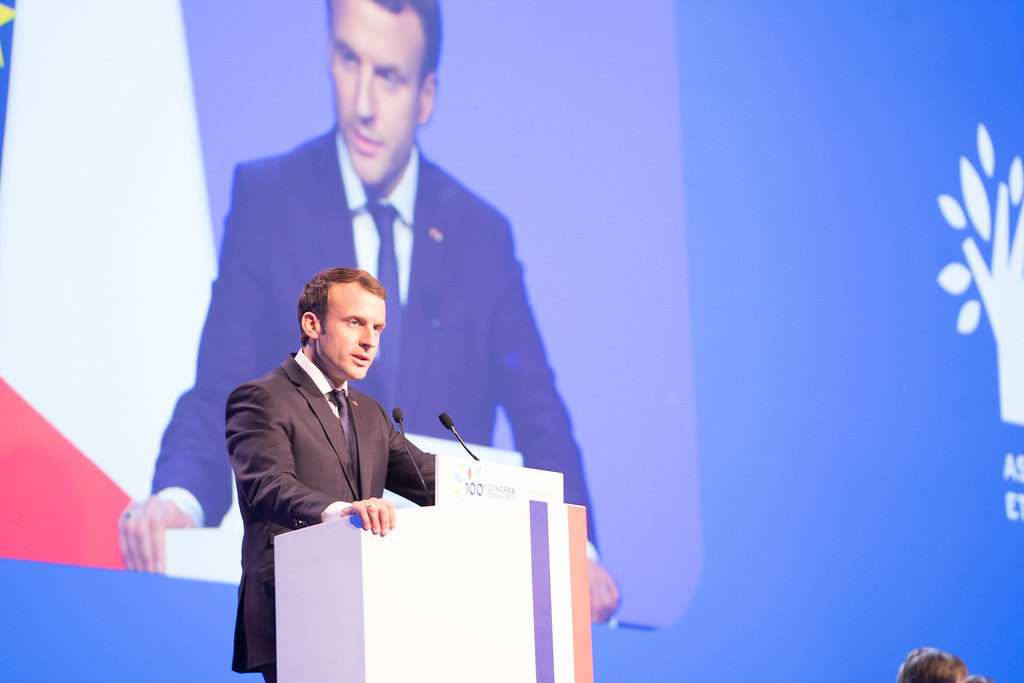The performance and current level of the world bond markets are extraordinary.

The French example illustrates the bizarreness of this situation. French government debt reached €2.3 trillion at the end of 2018 and is estimated to expand by a further €80 billion this year, largely as a result of President Macron’s concessions to the gilet jaunes protestors. This puts its debt to GDP ratio at close to 100%, not as large as Italy’s but France’s debt is growing more quickly. France has not run a budget surplus since 1974 (before the current President was born), state spending is the highest of any country in the developed world at 56% of GDP, and it will be hard to raise taxes further as they are already the highest in the developed world at 46% of GDP having just overtaken Denmark, and the gilet jaunes movement indicates that the limits have been reached. It will also be challenging to grow out of this problem as economic growth has been lacklustre for several years. Most concerning of all is that France owes its debt in a currency that it does not control and cannot print, and most of it is borrowed from outside France (unlike say Italy where most of the debt is held internally). France has an outstanding credit record, not having defaulted since 1812, but it stands out among the negative yielding sovereign issuers for the combination of the poor profile of its finances and its inability to print money independently. It is irrational that such an issuer is paid for the debt it issues. For context, in the depths of the Great Depression of the early 1930’s when industrial production fell by a quarter the US ten year bond bottomed at a yield of 2.31%. Japan and a number of European countries’ debt markets are suggesting depression conditions, even though their economies are still growing.
Click here to download the full document.